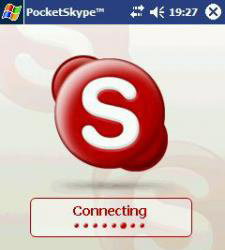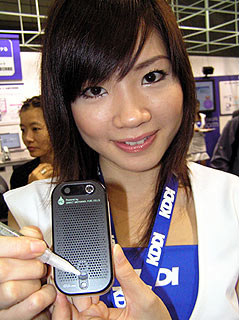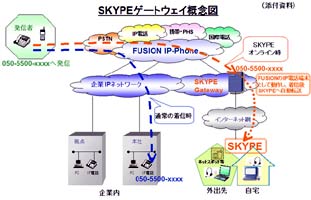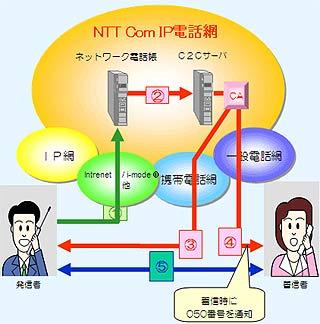Latest Release of Skype for Mobile Japan Friendly
 Skype has just introduced two new, updated clients for the Windows Mobile 5.0 platform: Skype for Pocket PC Beta version 1.2 and Skype for Pocket PC low CPU Beta version. This latest release claims full support for low-CPU devices with 300+ MHz processors. Users will be able to download and install the Internet telephony application with Danish, Dutch, Italian, Japanese, Korean, Norwegian, Portuguese Brazil, Russian, Spanish, and Swedish language plug-ins and it also supports the new call-forwarding feature and landscape mode for 240×240 and 480×480 screens.
Skype has just introduced two new, updated clients for the Windows Mobile 5.0 platform: Skype for Pocket PC Beta version 1.2 and Skype for Pocket PC low CPU Beta version. This latest release claims full support for low-CPU devices with 300+ MHz processors. Users will be able to download and install the Internet telephony application with Danish, Dutch, Italian, Japanese, Korean, Norwegian, Portuguese Brazil, Russian, Spanish, and Swedish language plug-ins and it also supports the new call-forwarding feature and landscape mode for 240×240 and 480×480 screens.
We expect to see even more buzz on this development in the local wireless community with Willcom’s new Zero3 dual-mode Smartphone, made by Sharp, which just hit the street here last week. In fact, eager buyers were lining up to order the unit in early December and we’ve even noticed a Wiki site [Japanese only] dedicated to the Zero3, one of the hottest QWERTY handsets available in the domestic market.
The potential of VoIP flat-rate voice calling for mobile — including long-distance — takes another huge step with this announcement. Yes, it’s a narrow niche of users who will adopt this here… for now. However, for incumbent cellcos, the kanji is on the wall and they will undoubtedly have to respond to this truly disruptive technology if they wish to save their voice-centric business model.



 Costly Japanese domestic phone prices are looking to take a tumble with low-priced hybrid fixed-line/IP telephony services. The newest team-up pairs Japan’s Fusion Communications with Skype Technologies. Fusion’s patent-pending gateway technology takes incoming number-based calls and works with Skype’s database to route them to Skype IP telephony subscribers using the 050- prefix, similar to NTT Communications’
Costly Japanese domestic phone prices are looking to take a tumble with low-priced hybrid fixed-line/IP telephony services. The newest team-up pairs Japan’s Fusion Communications with Skype Technologies. Fusion’s patent-pending gateway technology takes incoming number-based calls and works with Skype’s database to route them to Skype IP telephony subscribers using the 050- prefix, similar to NTT Communications’  NTT Comm, part of telecom giant Nippon Telegraph and Telephone is muscling in on free IP services with an IP telephone and mobile phone hybrid package for corporate and retail customers. Subscription-based “
NTT Comm, part of telecom giant Nippon Telegraph and Telephone is muscling in on free IP services with an IP telephone and mobile phone hybrid package for corporate and retail customers. Subscription-based “